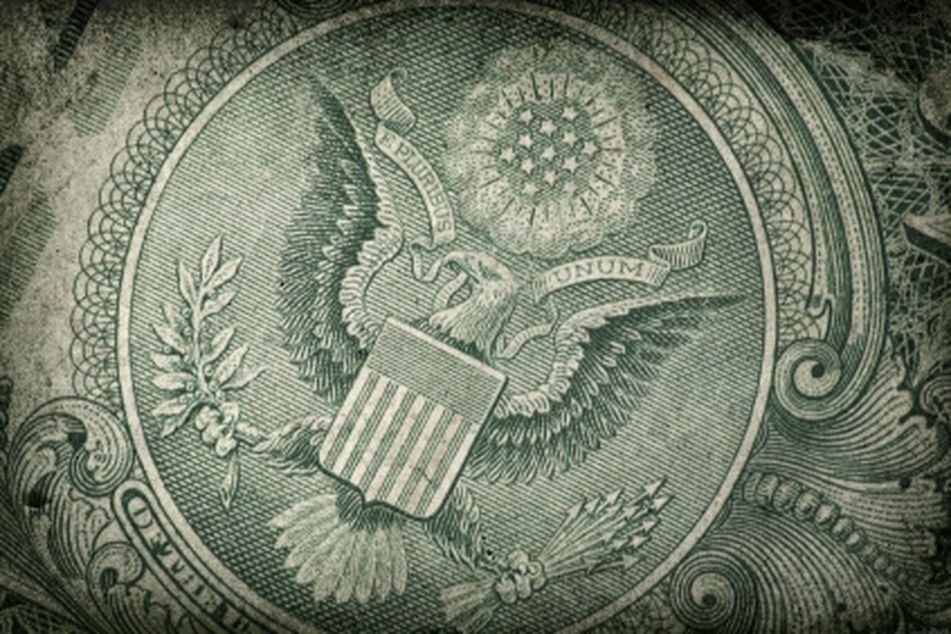Top tax rate would go sky-high under new proposal

Rep. Schakowsky want big increase in marginal rates for millionaires, billionaires
U.S. millionaires would face an annual income tax increase of at least 10 percent under a deficit-reduction measure proposed by Representative Jan Schakowsky.
The legislation, introduced today and touted at a press conference by the Illinois Democrat, would add five tax brackets starting with a 45 percent rate for taxpayers earning more than $1 million annually. The highest tax rate under Ms. Schakowsky’s plan — 49 percent — would be levied on those with income exceeding $1 billion annually.
Capital gains and dividend income would be taxed at standard income rates instead of the 15 percent rate most individuals currently pay.
The bill is unlikely to gain support from Republicans who control the House of Representatives. It would represent a dramatic tax increase for the wealthiest U.S. taxpayers, most of whom pay a top 35 percent income tax rate, before deductions.
Schakowsky said the legislation is needed to trim the federal budget deficit. She estimated the tax would generate $78.9 billion in revenue for 2011 if enacted for this tax year.
“This isn’t about punishment or revenge,” she said. “It’s about fairness.”
Lawmakers in Congress and some state legislatures have proposed similar “millionaire taxes” and cuts in tax breaks for the wealthy in recent years and have struggled to enact such legislation.
When Congress debated the extension of the 2001 and 2003 tax cuts in December, Senator Charles Schumer, a New York Democrat, offered an amendment that would have eliminated those tax cuts for people earning more than $1 million a year. It failed 53-37.
An initiative in Washington state that would have raised taxes for residents earning more than $200,000 was defeated in November.
The reverse is happening in New York, where Governor Andrew Cuomo is seeking to allow the state’s highest income tax rate to expire. Democrats in the Assembly want to keep the tax on the books.
Schakowsky said she is aware of the challenges her legislation would face.
“My legislative strategy right now is to get co-sponsors for the legislation to indicate there’s a depth of strength in the House, to give courage to other members that this is a highly popular idea,” she said.
The bill, which has nine co-sponsors, targets a growing segment of society. According to a report by Spectrem Group, the number of U.S. millionaires increased by 600,000 in 2010. About 8.4 million American households had assets of $1 million or more, not including their primary residences, a gain of 8 percent, according to Chicago-based Spectrem.
Meanwhile, the number of ultra-high-net-worth households, which Spectrem defines as those with $5 million or more in investable assets, increased 8 percent to 1.1 million in 2010.
Household wealth was $56.8 trillion at the end of 2010, according to the Federal Reserve. Millionaires control about 56 percent of U.S. wealth, according to a March 14 survey by Boston-based Fidelity Investments
“The recovery is doing better in this population” said George Walper Jr., president of Spectrem, “probably better than for Main Street America.”
–Bloomberg News–
Learn more about reprints and licensing for this article.








